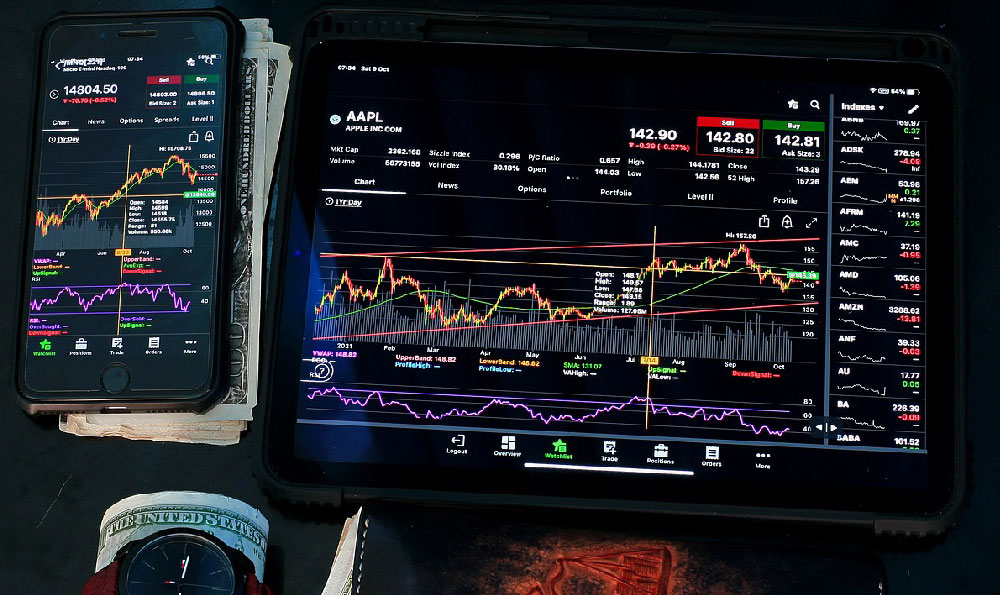How Much Do Vet Techs Earn? A Comprehensive Look at Salaries and Career Factors
The compassionate care provided by veterinary technicians is indispensable in animal healthcare. They are the backbone of any veterinary practice, assisting veterinarians, caring for animals, and providing crucial support to pet owners. But how does this vital role translate into financial compensation? Understanding the earning potential of a vet tech is crucial for those considering the profession and for current technicians looking to advance their careers. Let's delve into the salary landscape of vet techs, exploring factors that influence their earnings and offering insights into maximizing their financial well-being.
Understanding the Average Vet Tech Salary

Determining the exact average salary for vet techs can be challenging due to regional variations, experience levels, specialization, and employer types. However, we can get a good picture of the general trends. According to the U.S. Bureau of Labor Statistics (BLS), the median annual wage for veterinary technologists and technicians was $38,240 in May 2022. This means that half of all vet techs earned more than this amount, and half earned less.
It's essential to note that this is just the median. The BLS also reports the range of earnings. The lowest 10 percent earned less than $29,540, while the highest 10 percent earned more than $52,610. This wide range highlights the significant impact that various factors have on earning potential.
Factors Influencing Vet Tech Salaries
Several key factors can dramatically influence a vet tech's salary. Understanding these factors can help individuals make informed decisions about their education, career path, and salary negotiations.
-
Experience: As with most professions, experience plays a crucial role. Entry-level vet techs typically start at lower salaries and gradually increase their earning potential as they gain skills and expertise. Senior vet techs, with years of experience and a proven track record, often command significantly higher salaries.
-
Education and Certification: A formal education from an accredited veterinary technology program can significantly impact earning potential. Earning an Associate's or Bachelor's degree in Veterinary Technology is widely recognized and often required by employers. Furthermore, becoming a Certified Veterinary Technician (CVT), Licensed Veterinary Technician (LVT), or Registered Veterinary Technician (RVT) – the specific title varies by state – demonstrates a commitment to professional standards and can lead to higher pay.
-
Location: Geographic location is a major determinant of salary. Areas with a higher cost of living, such as major metropolitan cities, tend to offer higher salaries to compensate for the increased expenses. Conversely, rural areas or regions with a lower cost of living may offer lower salaries. Demand for vet techs in a particular area can also influence salaries. If there's a shortage of qualified technicians, employers may be willing to pay more to attract and retain talent.
-
Specialization: Vet techs can specialize in various areas, such as anesthesia, dentistry, emergency and critical care, and clinical pathology. Obtaining a Veterinary Technician Specialty (VTS) certification demonstrates advanced knowledge and skills in a specific discipline. Specialization often leads to higher earning potential, as these technicians possess specialized expertise that is highly valued by employers.
-
Employer Type: The type of employer can also impact salary. Vet techs working in private practices, especially those specializing in companion animals, may earn less than those working in research facilities, universities, or government agencies. Large animal practices or equine clinics might also offer different pay scales compared to small animal clinics. Corporate-owned veterinary hospitals often have standardized pay scales and benefits packages that can be more competitive.
-
Job Responsibilities: The complexity and scope of job responsibilities also play a role. Vet techs who handle more complex tasks, such as assisting in surgeries, administering anesthesia, or performing advanced diagnostic procedures, may earn more than those with more limited responsibilities.
Negotiating Your Salary as a Vet Tech
Knowing your worth and effectively negotiating your salary are crucial for maximizing your earning potential. Before entering negotiations, research the average salary for vet techs in your area, taking into account your experience, education, and specialization.
Highlight your skills, experience, and accomplishments during the interview process. Quantify your achievements whenever possible. For example, instead of saying "I'm good at venipuncture," say "I have a 95% success rate with venipuncture, minimizing patient stress and saving the clinic time and resources."
Be confident in your abilities and clearly articulate your value to the employer. Be prepared to justify your salary expectations with data and examples. Don't be afraid to negotiate for benefits, such as health insurance, paid time off, continuing education opportunities, and retirement plans, which can significantly impact your overall compensation package.
Opportunities for Salary Advancement
Vet techs can increase their earning potential through various strategies:
-
Continuing Education: Staying up-to-date with the latest advancements in veterinary medicine is essential. Attend conferences, workshops, and online courses to enhance your skills and knowledge. Continuing education can also lead to specialization and increased earning potential.
-
Specialization: As mentioned earlier, specializing in a particular area can significantly boost your salary. Pursue a Veterinary Technician Specialty (VTS) certification to demonstrate your expertise and increase your value to employers.
-
Management Roles: Vet techs can advance into management positions, such as veterinary technician supervisor or practice manager. These roles typically involve higher pay and greater responsibilities.
-
Relocation: Consider relocating to an area with a higher demand for vet techs or a higher cost of living. Research salary trends in different regions and be willing to move to pursue better opportunities.
The Future of Vet Tech Salaries
The demand for vet techs is projected to grow in the coming years, driven by the increasing pet ownership and the growing complexity of veterinary medicine. The U.S. Bureau of Labor Statistics projects a job growth of 20% for veterinary technologists and technicians from 2022 to 2032, much faster than the average for all occupations. This strong demand is likely to lead to increased salaries and improved job opportunities for qualified vet techs.
Conclusion
While the average salary for vet techs may not be exceptionally high, it's important to remember that this is a profession driven by passion and a love for animals. By understanding the factors that influence salaries, investing in education and specialization, and effectively negotiating your worth, you can maximize your earning potential and build a rewarding career as a veterinary technician. The combination of fulfilling work and a stable job market makes it an attractive option for those dedicated to animal welfare.












